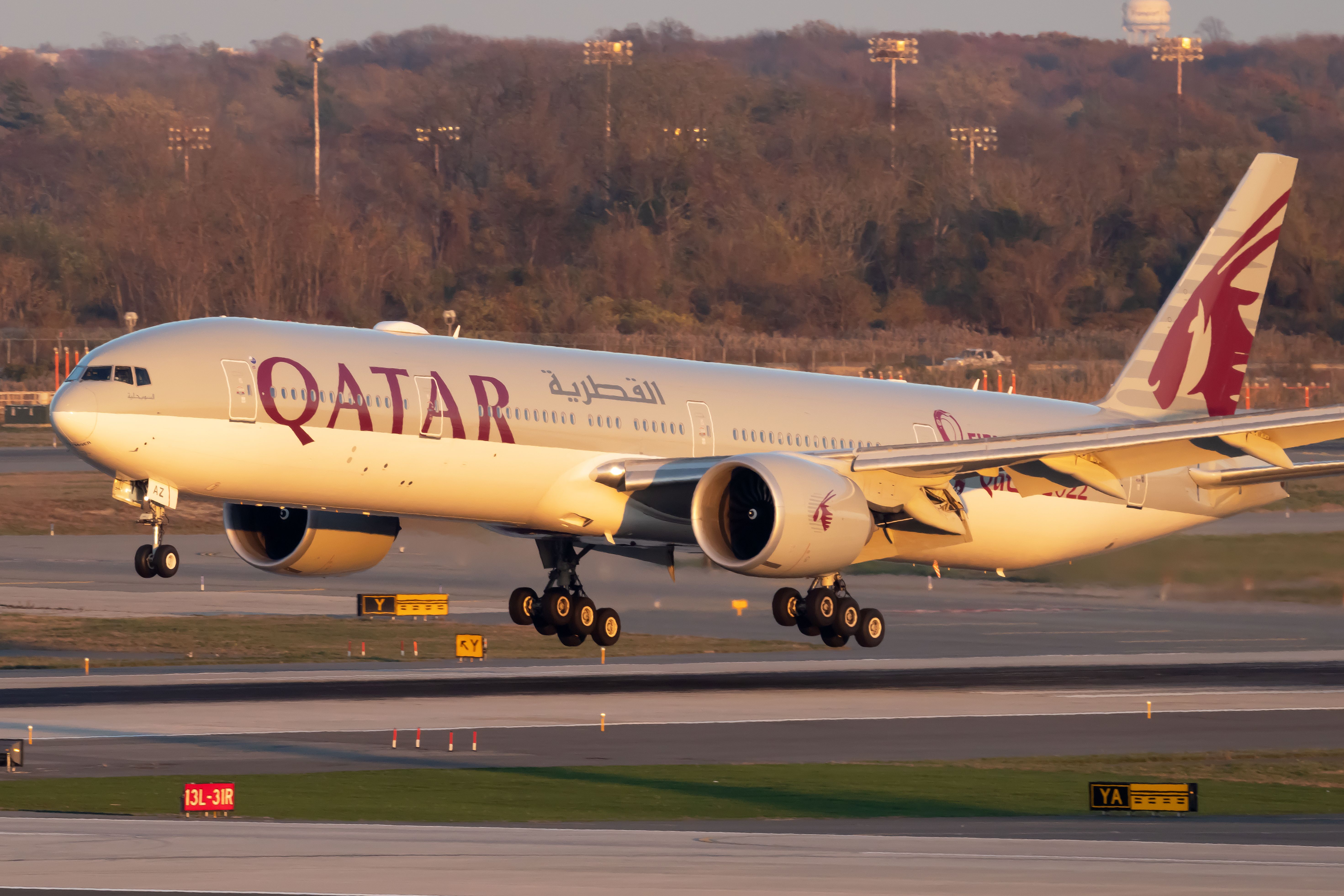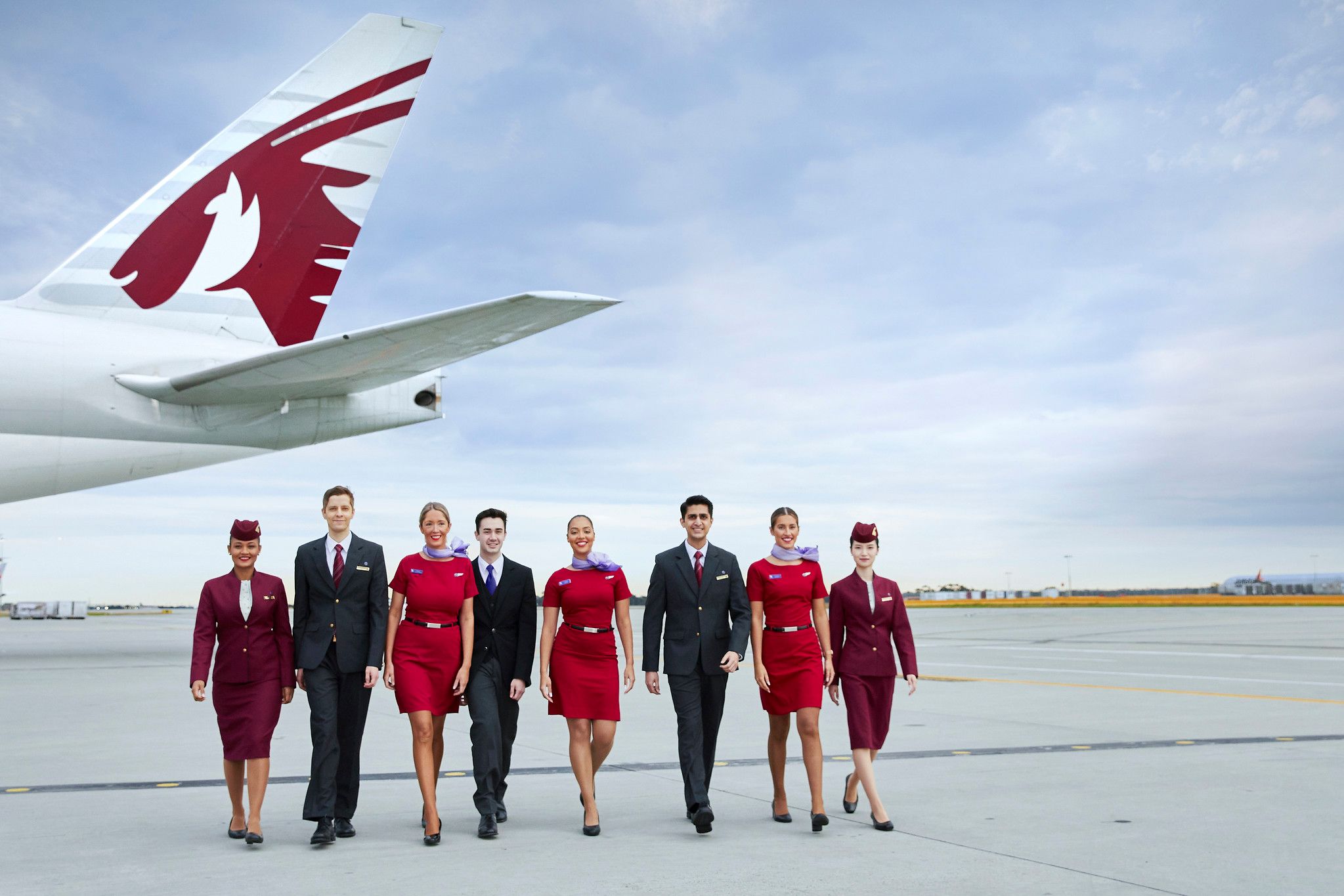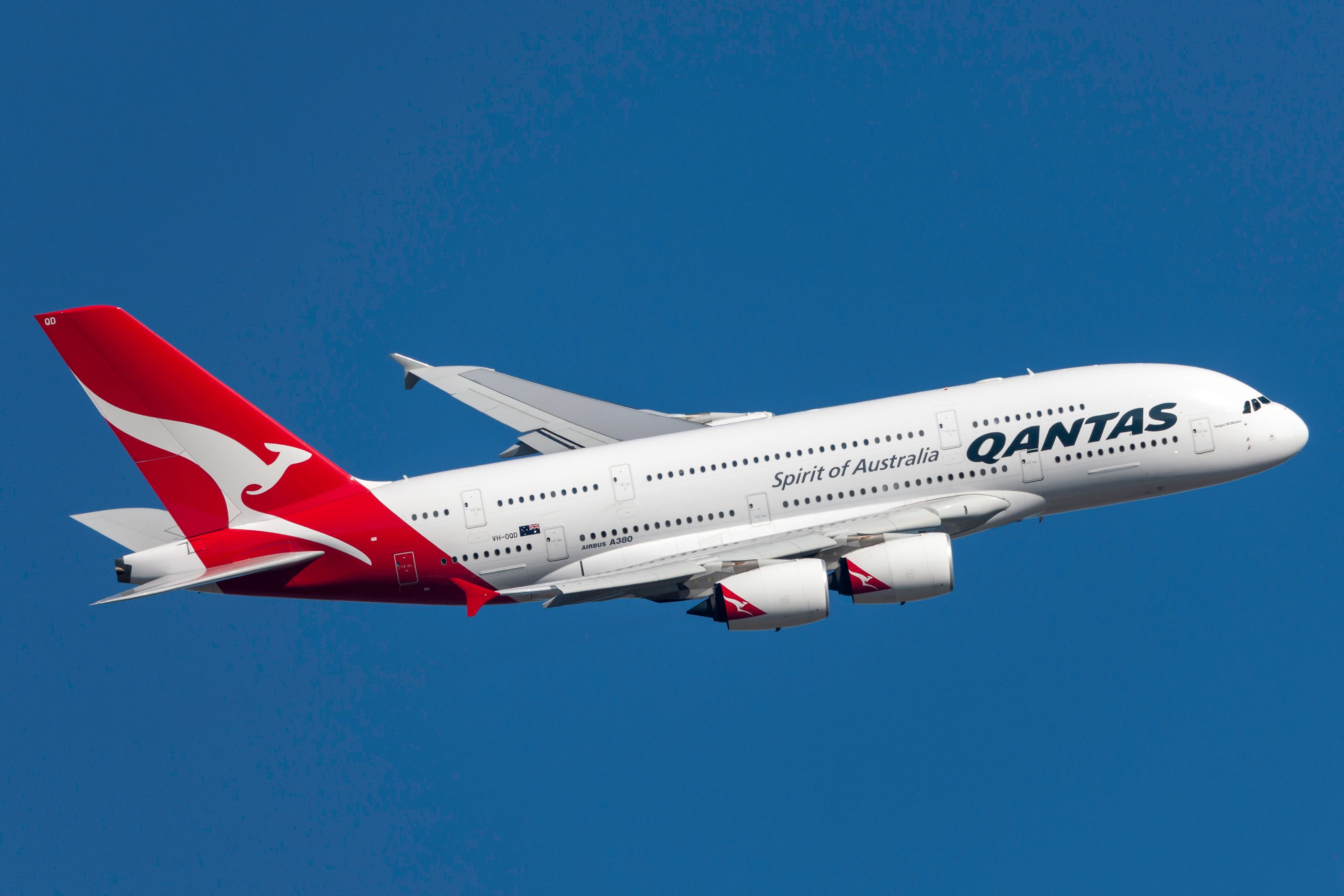Summary
- The rejection hampers efforts to increase aviation capacity and reduce airfares for the Australian traveling public.
- Qatar Airways' application to operate more flights to Australia has been rejected by the government, causing disappointment for both the airline and Virgin Australia.
- The decision to block Qatar Airways and favor Qantas is seen as bewildering, especially since no Australian airline has shown interest in operating a route between the Middle East and Australia.
An Australian Senate inquiry into the cost of living pressures has become embroiled in the government's decision to reject an application by Qatar Airways to operate more flights to Australia's major cities. The subject has turned into the proverbial political football, with some pundits suggesting the relationship between Australian Prime Minister Anthony Albanese and out-going Qantas CEO Alan Joyce is too close.
 It's also a fight for Virgin Australia
It's also a fight for Virgin Australia
In September last year, Virgin Australia and Qatar Airways launched a new partnership to give passengers seamless access to both carriers' networks alongside a range of travel perks, such as double airline points, lounge access, and priority boarding and check-in.
Last month the Australian government denied an application by Qatar Airways (Qatar) to add 21 weekly flights to the 28 it already operates, and as those extra flights would have delivered additional passengers to both airlines, the rejection is also a blow to Virgin Australia.
Virgin Australia CEO Jayne Hrdlicka does not shy away from an argument and is fiercely protective of the airline and what it has achieved since coming out of financial administration in 2020. In a statement issued today, Hrdlicka said the airline is deeply disappointed that partner Qatar Airways cannot expand its services to Australia and that the inquiry has again highlighted the importance of increasing aviation capacity between Australia and other key global regions.
"International airfares today are nearly 50% higher than pre-COVID. Additional Qatar flights would have an immediate and tangible effect in reducing airfares between Australia and Europe, the Middle East and Africa. Qatar is in the unique position in the context of a constrained global supply of widebody aircraft to be able to quickly make available four additional services per day to Australia.
"This would deliver much needed and immediate benefit to the Australian tourism industry and cost-of-living relief to the Australian traveling public, including our own customers."
We'd love to see you on Instagram - follow us here!
A bewildering decision to block capacity
It is a bewildering decision given that no Australian airline has shown any interest in operating a route between the Middle East and Australia, and prices on those routes have reached levels affecting customers' ability to fly. Last week the Australian Competition and Consumer Commission (ACCC) re-authorized the partnership between Qantas and Emirates that covers routes between Australia and the UK/Europe, New Zealand, the Middle East, and North Africa.
In essence, the authorization is needed to protect the airlines from litigation for anti-competitive behavior and allow them to jointly set pricing, capacity, schedules, and virtually all aspects of flights on those routes. Australian media have latched on to the timing of that coinciding with the rejection of Qatar's expansion and described the whole thing as the government actively shielding Qantas from competition ahead of the public interest.
Yesterday Virgin Australia's chief of sustainability and corporate affairs, Christian Bennett, told the inquiry that the Qatar decision was deeply regrettable and designed to favor the national carrier. According to The Australian, he added:
"I think there's been a broad desire to see additional capacity come into Australia to try and help ameliorate the painfully high price of travel overseas...so when the prospect of an additional 800,000 to one million seats a year doesn't crystallise that obviously has a significant impact."
There is widespread condemnation of the decision to block Qatar and heavy criticism suggesting the federal government is too close to Qantas and its senior management. However, just like the issue of slot-hoarding at Sydney Airport, these decisions are made by government departments and ministers. So, nothing will probably change when the furor dies down, especially not the pricing on routes from Australia to or through the Middle East.
Is this a good decision for the traveling public? Let us know in the comments.
Source: The Australian



